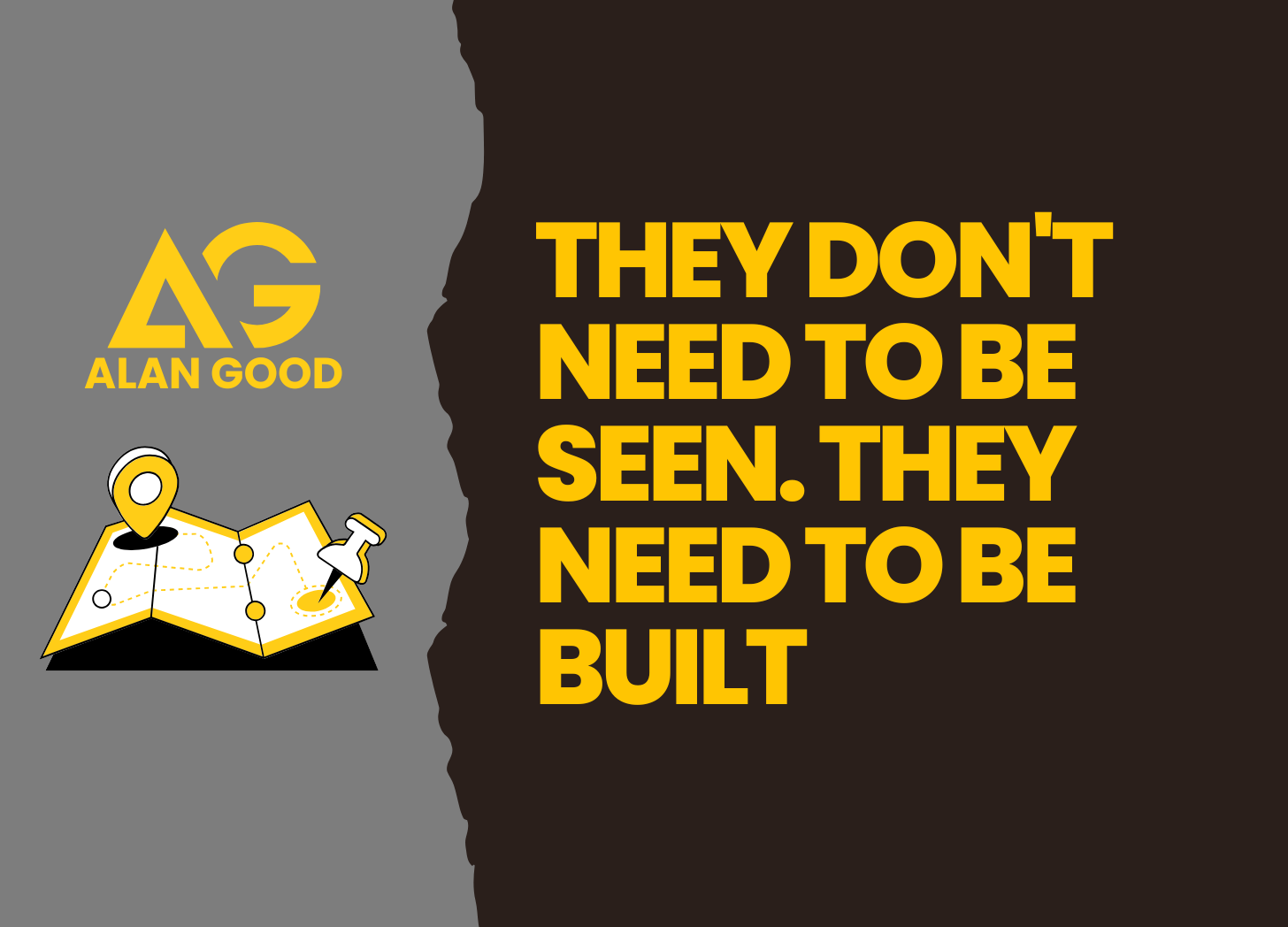Young athletes doesn't need more exposure. They need better habits
The foundation work that actually creates recruitable players
"We can't miss this tournament - what if college coaches are there?"
I hear this from parents of 12-year-olds. They're spending thousands chasing exposure for athletes who haven't learned to show up when no one's watching.
Your young athlete doesn't need to be seen right now. They need to be built.
The exposure trap
Walk through any major U14 tournament, and you'll see families worrying about which college coaches are watching, before their kid can consistently receive a pass under pressure.
Most college coaches aren't there. They understand that these athletes are 3-4 years away from being recruitable and will undergo massive growth and development during that time.
The 12-year-old who dominates today might plateau by 16. The late bloomer struggling now could be the best player in their class by junior year. Physical development, tactical understanding, and mental maturity all evolve dramatically during the high school years.
Those early tournaments should be about learning, growing, and identifying areas for development - not chasing exposure that won't matter for years anyway.
Families caught in the exposure trap miss this entirely, spending energy on the wrong timeline while neglecting the foundation-building that actually matters.
Seeking high-performance behaviors
When I evaluate a high school freshman or sophomore, I'm not looking at their tournament resume from age 12.
I'm looking at behaviors that are obvious the moment they step on the field.
Do they only stare at the ball, or scan the field? How do they handle mistakes - bounce back or let errors compound?
Are they competing on every play, or only when they have the ball? Can they follow instructions and apply them immediately?
These habits don't develop overnight. They're built through years of consistent work when no one's watching.
The day-to-day training environment becomes crucial.
Environments that build good habits
You can't tell a club coach how to run their practices, but you can look for signs that they're designing learning environments that build excellent habits.
Are they solving problems under pressure?
Look for chaotic small-sided games at practice, not just repetitive, unopposed drills. Technique only becomes skill once it's tested under pressure.
Is there something on the line?
Do they keep score? Competition breeds the habits that matter when games get tight.
Are players thinking for themselves?
Does the coach challenge athletes to analyze their own play through questioning, or do they provide all the answers?
Are they creating smart constraints?
Rules like a five-second possession limit give players some freedom while incentivizing better decisions - enough time to beat a player, not enough to overdribble.
Do they teach the 97% of the game without the ball?
Vision, communication, off-ball movement, and anticipation separate good players from great ones.
What athletes can control
Even in imperfect environments, young athletes have agency.
They can choose to be first to arrive and last to leave for extra touches.
They can choose to frame mistakes as learning opportunities rather than failures.
They can choose to push themselves in training and play to their own standard, even if the competition at training or in a game is weak.
The best prospects understand this early - their development isn't solely dependent on perfect coaching or ideal circumstances.
These choices compound over time into something coaches can't ignore.
Work ethic that shows in every drill. Resilience that turns setbacks into comebacks.
Leadership that emerges under pressure. Tactical understanding that handles complex systems.
You can spend your formative years chasing tournaments and exposure - or you can spend them building the habits that create athletes worth exposing.
Mindset is the key to developing great habits; but most athletes never train it.
That’s why I created The Resilient Athlete - a digital course designed to help teenage players build the mental skills that fuel long-term performance.
You’ll get lifetime access to all current and future lessons for $15. If this newsletter resonated, you’ll love it.


